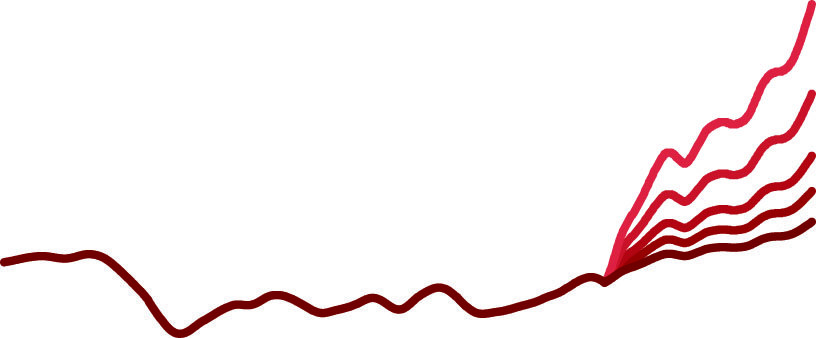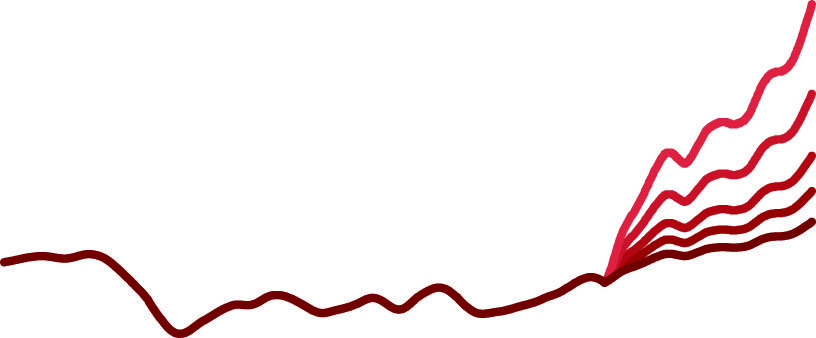Anthropocene & Paleoclimate

The Anthropocene has been proposed as a geological epoch during which humans have dramatically changed the composition of the Earth’s atmosphere and altered the processes and resilience of ecosystems at regional to global scales. The beginning of the Anthropocene is not well defined yet, although it is obvious that it started somewhen in line with the Great Acceleration of the Earth system since the 19th century industrial revolution. Studying the eco-climatic changes associated with this acceleration and the risks for future well-being are central research tasks addressed by several groups at the Mainz MPIs and University.
Studying the Anthropocene, however, also requires an understanding of natural climate variability and pre-industrial forcing, as these changes were not turned off recently but continue to affect and alter the Earth’s atmosphere and climate. These include extreme events, such as heatwaves and floods, but also gradual changes from persistently warmer to colder stages, and vice versa. Since paleoclimate research is also represented by several research teams in Mainz, it is the aim of this MPGC focus group to work towards an integrative approach addressing these central research topics:
- Human influence on air quality, climate and the Earth system
- Influence of air quality and climate on human well-being and societal development
- Natural and anthropogenic climate forcings
- Reconstruction and modeling of paleo and modern climate
- Proxy development and multi-proxy approaches
- Holocene climate and naturally forced warm periods
- Volcanic and magmatic systems
